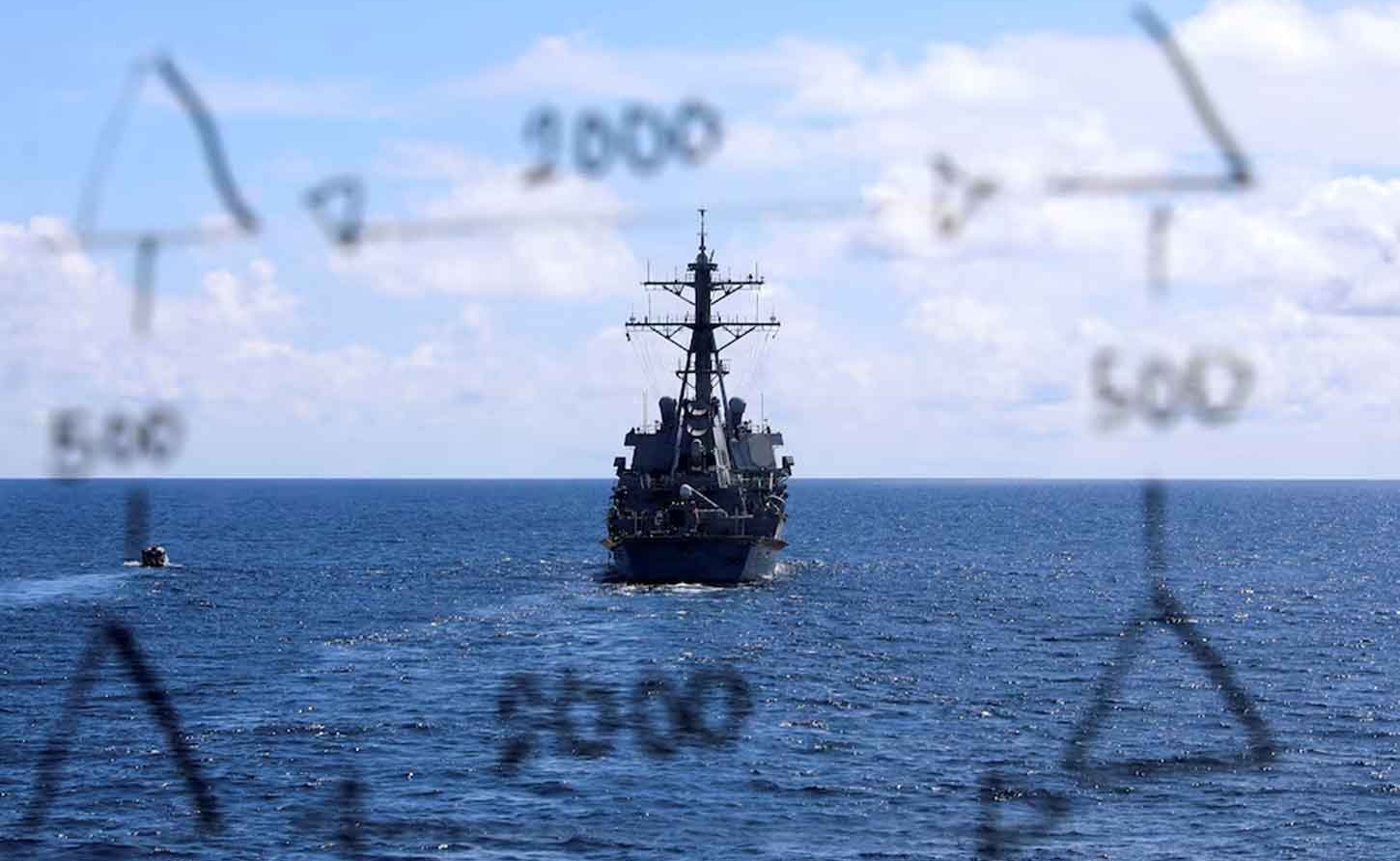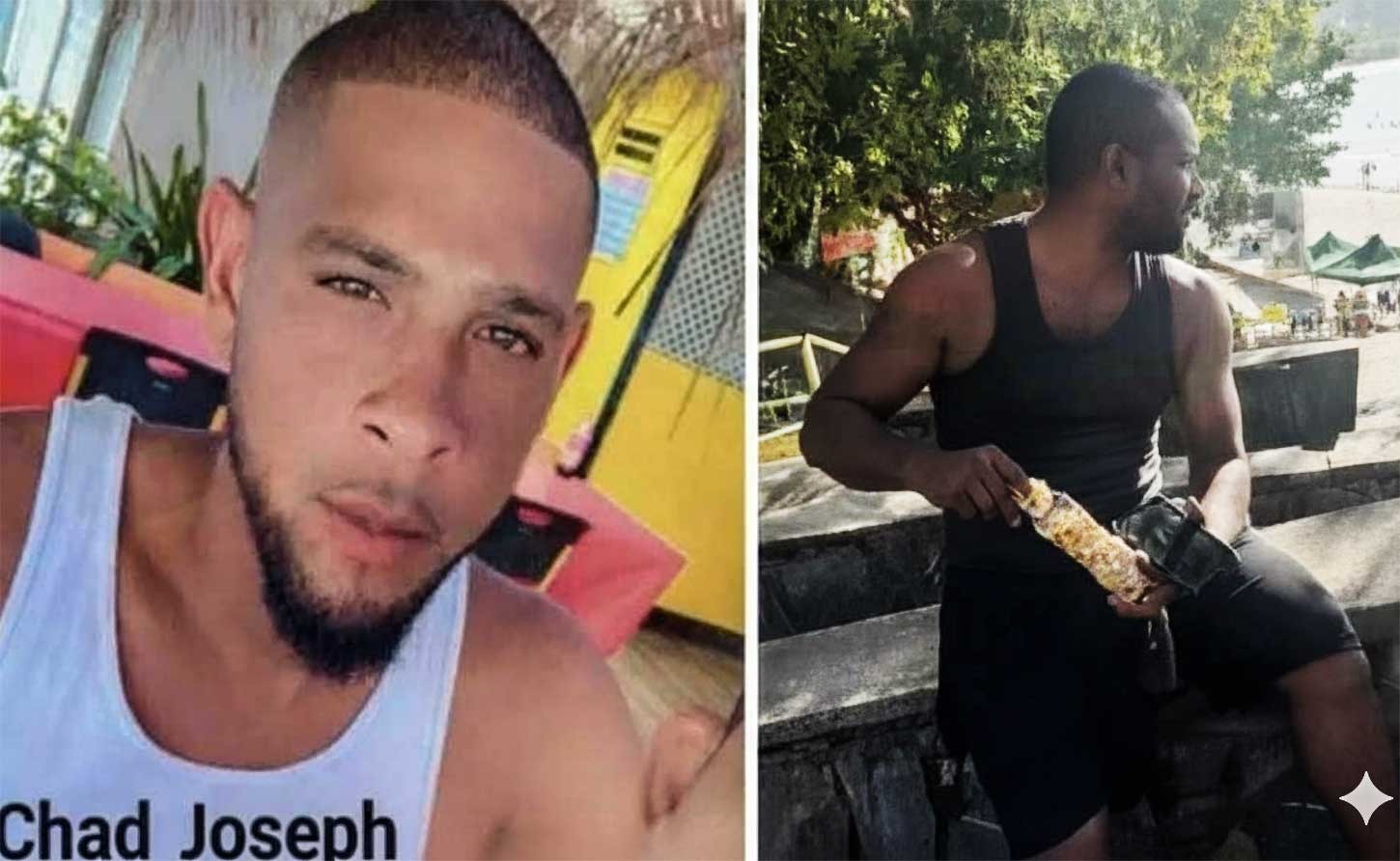UNITED STATES | Exclusive: US Navy Holding Survivors from Fifth Caribbean Drone Strike

Washington, Oct 17 (Reuters) — The U.S. military is holding two survivors aboard a Navy warship after rescuing them from a suspected drug vessel in the Caribbean hit by a drone strike that killed two others, three sources familiar with the matter told Reuters on Friday.
Two Trinidadians—28-year-old Chad Joseph from Las Cuevas and a man identified as Rishi Samaroo from South Trinidad—are dead following this latest US missile strike on a vessel in Caribbean waters.
The Thursday operation marks the fifth and final strike in a series of attacks ordered by President Donald Trump against what he describes as a "narcoterrorist" threat emanating from Venezuela. The disclosure, which has not been previously reported, raises the possibility that the survivors are the first prisoners of war in Trump's declared conflict.
The Pentagon did not immediately respond to a request for comment. Trump told reporters that the strike targeted "a drug-carrying submarine built specifically for the transportation of massive amounts of drugs." He did not comment on casualties or survivors from the operation.

The rescue marks a significant departure from previous operations. Prior to Thursday's strike, the four earlier U.S. military attacks against suspected drug boats off Venezuela had left no known survivors, with videos presented by the Trump administration showing vessels being completely destroyed.
The Trump administration has said the previous four strikes killed 27 people, raising alarms among legal experts and Democratic lawmakers who question whether the operations adhere to international laws of war. The presence of survivors in the latest strike adds a new dimension to the legal and ethical debate surrounding the campaign.
The strikes unfold against the backdrop of a significant U.S. military buildup in the Caribbean that includes guided missile destroyers, F-35 fighter jets, a nuclear submarine and approximately 6,500 troops as Trump escalates a standoff with the Venezuelan government.
On Wednesday, Trump disclosed he had authorized the Central Intelligence Agency to conduct covert operations inside Venezuela, fueling speculation in Caracas that the United States is attempting to topple Venezuelan President Nicolas Maduro.
In a letter this week to the United Nations' 15-member Security Council, seen by Reuters, Venezuela's U.N. Ambassador Samuel Moncada requested a U.N. determination that the U.S. strikes off its coast are illegal and called for a statement backing Venezuela's sovereignty.
Earlier this month, the Pentagon disclosed to Congress in a notification reviewed by Reuters that Trump has determined the United States is engaged in "a non-international armed conflict." The document aimed to explain the Trump administration's legal rationale for unleashing U.S. military force in the Caribbean.
The legal classification has significant implications for how the conflict is conducted and what protections apply to those captured or killed in operations. International humanitarian law governing non-international armed conflicts provides specific protections for combatants and civilians, though experts remain divided on whether counter-narcotics operations meet the threshold for such classification.
Less than a week ago, the Pentagon announced its counter-narcotics operations in the region would not be led by the Miami-based Southern Command, which normally oversees U.S. military activities in Latin America. Instead, a task force is being created under the leadership of II Marine Expeditionary Force, a rapid deployment unit based at Camp Lejeune in North Carolina.
The decision surprised military observers, as combatant commands like Southern Command typically lead high-profile regional operations. On Thursday, Defense Secretary Pete Hegseth announced that the admiral who leads U.S. Southern Command will step down at the end of this year, two years ahead of schedule, in what officials described as a surprise move.
The fate of the two survivors currently held aboard the Navy vessel remains unclear, as does the legal framework that will govern their detention and any potential prosecution.
-30-
